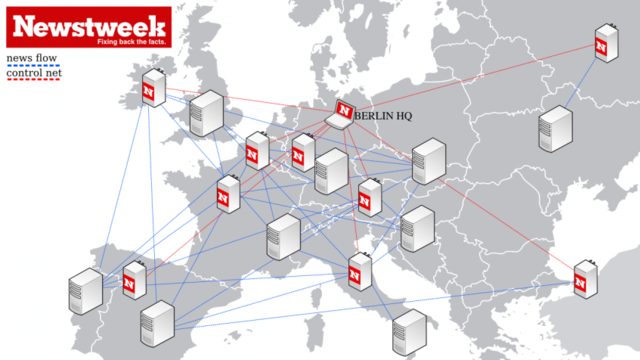Paul Virilio
Paul Virilio (b. 1932 in Paris) is a world-renowned philosopher,
urbanist, and cultural theorist. His work focuses on urban spaces and
the development of technology in relation to power and speed. He is
known for his coining of the term 'dromology' to explain his theory of
speed and technology. Paul Virilio is of mixed ancestry, being the son
of an Italian father (who identified as a Communist) and a Breton
mother. As a small child in France during the Second World War, Paul
Virilio was profoundly impacted by the blitzkrieg and total war;
however, these early experiences shaped his understanding of the
movement and speed which structures modern society. In order to escape
the heavy fighting in the city, he fled with his family to the port of
Nantes in 1939.

